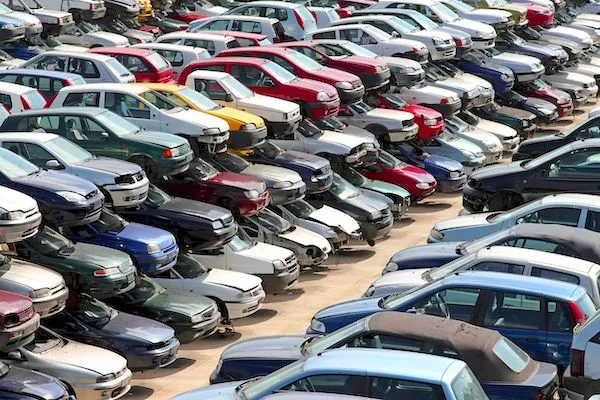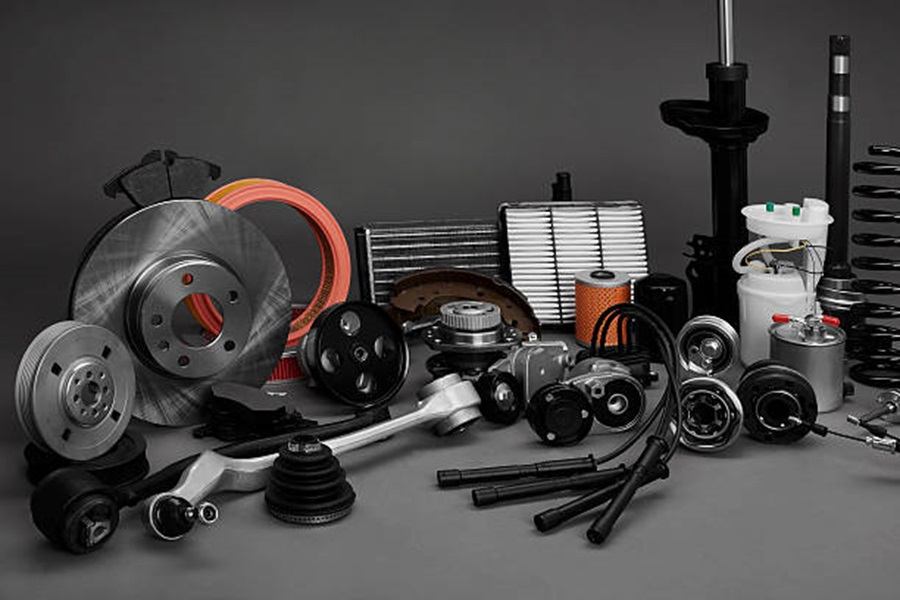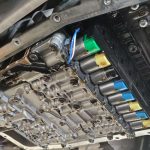In the industrial periphery of Singapore’s carefully manicured cityscape, where the violence of accumulation meets the necessity of disposal, car scrap yard Singapore operations function as both symptom and cure of a consumer capitalism that devours resources with the methodical precision of a well-programmed machine. These spaces, hidden from the sanitised narratives of Singapore’s economic miracle, reveal the material consequences of a system that transforms human labour, natural resources, and social relations into commodities that must inevitably return to earth as twisted metal and environmental toxicity.
The Archaeology of Desire and Disposal
Every vehicle that arrives at Singapore’s scrap yards carries within its deteriorating frame the fossilised remains of capitalist desire—the initial moment when marketing machinery convinced someone that happiness could be purchased, that identity could be driven, that freedom could be financed. The irony is exquisite: objects designed to signify mobility and independence end their lives immobilised, stripped of their manufactured meaning, reduced to their constituent materials in a process that mirrors the way capitalism reduces human beings to labour units.
The Certificate of Entitlement system, Singapore’s particular contribution to automotive capitalism, adds another layer of violence to this equation. It transforms the right to mobility into a tradeable commodity, ensuring that transportation, a fundamental human need, becomes accessible only to those with sufficient capital. When these certificates expire, they create artificial scarcity that forces disposal regardless of a vehicle’s functional capacity.
The Hidden Labour of Destruction
Behind the pristine efficiency narratives that Singapore projects lies the reality of human bodies performing the dangerous, repetitive work of dismantling the products of industrial capitalism. Workers in car scrap yards engage in a form of reverse engineering, undoing the assembly line process that created these vehicles in factories thousands of miles away.
The labour conditions reveal capitalism’s fundamental disregard for human wellbeing:
- Chemical exposure: Workers handle toxic fluids without adequate protection or healthcare coverage
- Physical injury: Repetitive dismantling motions create chronic pain and disability
- Economic precarity: Low wages ensure workers remain dependent on continued employment in hazardous conditions
- Social invisibility: This essential work remains hidden from Singapore’s prosperity narratives
- Environmental burden: Communities near scrap yards bear the health costs of industrial processing
These workers perform what the theorist might call “reproductive labour”—the invisible work that maintains capitalism by processing its waste products. Yet their contributions to Singapore’s circular economy remain unacknowledged in official accounts of sustainable development.
The Environmental Violence of Consumer Capitalism
Car scrap yards represent nodes in what environmental justice scholars term “sacrifice zones”—spaces where capitalism’s environmental costs are concentrated, typically in communities with the least political power to resist. Singapore’s small size means these zones cannot be hidden in distant rural areas; instead, they exist in industrial districts where working-class communities bear the environmental burden of middle-class consumption.
The processing of automotive waste involves multiple forms of environmental violence. Heavy metals leach into soil and groundwater. Air quality deteriorates from metal processing operations. Noise pollution affects surrounding communities. Yet these costs never appear in the initial purchase price of vehicles—they are externalised onto communities least equipped to resist or remediate environmental damage.
The Gendered Dimensions of Automotive Waste
The automobile industry, from production to disposal, remains profoundly gendered. Marketing typically targets male fantasies of power and control, whilst the environmental and health consequences of automotive waste disproportionately affect women, who bear primary responsibility for family health and community wellbeing.
In car scrap yards, women’s labour often goes unrecognised despite their crucial roles in administration, environmental monitoring, and community liaison work. The physical dismantling work, valorised as “skilled” labour, remains male-dominated, whilst the equally complex work of managing environmental compliance and community relations is devalued as “support” functions.
The Aesthetic Politics of Industrial Decay
There exists a brutal poetry in these spaces where capitalism’s promises decompose into their constituent elements. Mountains of twisted metal create inadvertent sculptures that speak to the temporary nature of all commodity relations. The careful sorting of materials by type and value mirrors the way capitalist society sorts human beings into categories of usefulness and disposability.
As one worker observes with startling clarity: “Every car that comes through here was someone’s dream once. Now it’s just metal and plastic and glass that we have to sort so someone else can make new dreams to sell. It’s the same cycle, over and over. The only thing that changes is who gets rich from it.”
This aesthetic of decomposition challenges Singapore’s carefully maintained image of perpetual progress and technological advancement. In car scrap yards, the future looks exactly like the past—an endless cycle of production, consumption, and waste that enriches some whilst impoverishing others.
Towards a Politics of Collective Care
Understanding car scrap yards as sites of both exploitation and potential transformation requires recognising how they might function differently under economic systems organised around human need rather than profit accumulation. Instead of processing the waste products of unsustainable consumption, these spaces could become sites of repair, refurbishment, and community-controlled resource distribution.
The transformation of waste into a resource need not be organised according to market logics that prioritise profit over human and environmental wellbeing. Alternative economic models could transform these spaces into sites of collective care rather than individual accumulation, making visible the connections between consumption choices and their material consequences through car scrap yard Singapore operations that prioritise ecological sustainability and worker dignity over capital accumulation.











